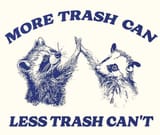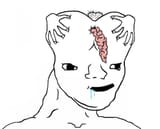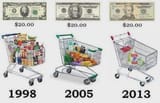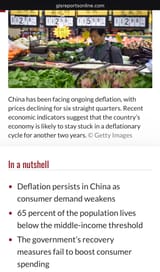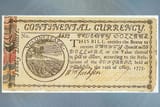>>513999295
>The increasing value of money incentivizes holding rather than spending, so spending goes down and the economy crashes as there isn't enough demand for goods and services to keep people employed, which further reduces demand as they no longer have income to spend. People with a lot of cash on hand may be better in an accounting sense, but they may find it difficult to buy what they want in a crashed economy.
Historically this doesn't happen. Consider the US economy from 1812 to 1864. Average 3% price decline per year, the economy was absolutely booming.
>The increasing value of money incentivizes holding rather than spending, so spending goes down
Actually, I want to focus on this particular bit of idiocy for a moment in particular: economists would have you believe that people will not buy a washing machine because it would be a few percent cheaper to wait a year before buying it, and then wait another year because it'll be cheaper, and then another year, and then another year... people will just not buy a washing machine ever, and wash their clothes by hand. And they won't buy a kettle to boil water, or a stove to cook food... in fact, people will just live in the woods because it makes the most sense not to buy anything because it'll be cheaper next year.
Hopefully this illustrates how retarded the concept is, but if you're still not convinced, consider computers: through the 90s and 00s computers and computer hardware generally experienced price declines, and for the performance you got they experienced titanic price declines - yet people still bought them and it was in fact (and still is) one of the most phenomenally profitable industries on the planet, with Apple in particular becoming the single most valuable corporation in existence. Why didn't people just hold onto their money?
Because people like to buy stuff, and are not emotionless economic value maximization machines.
Kill yourself, retard.





